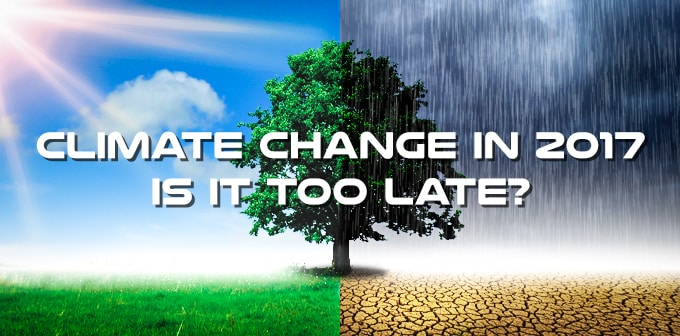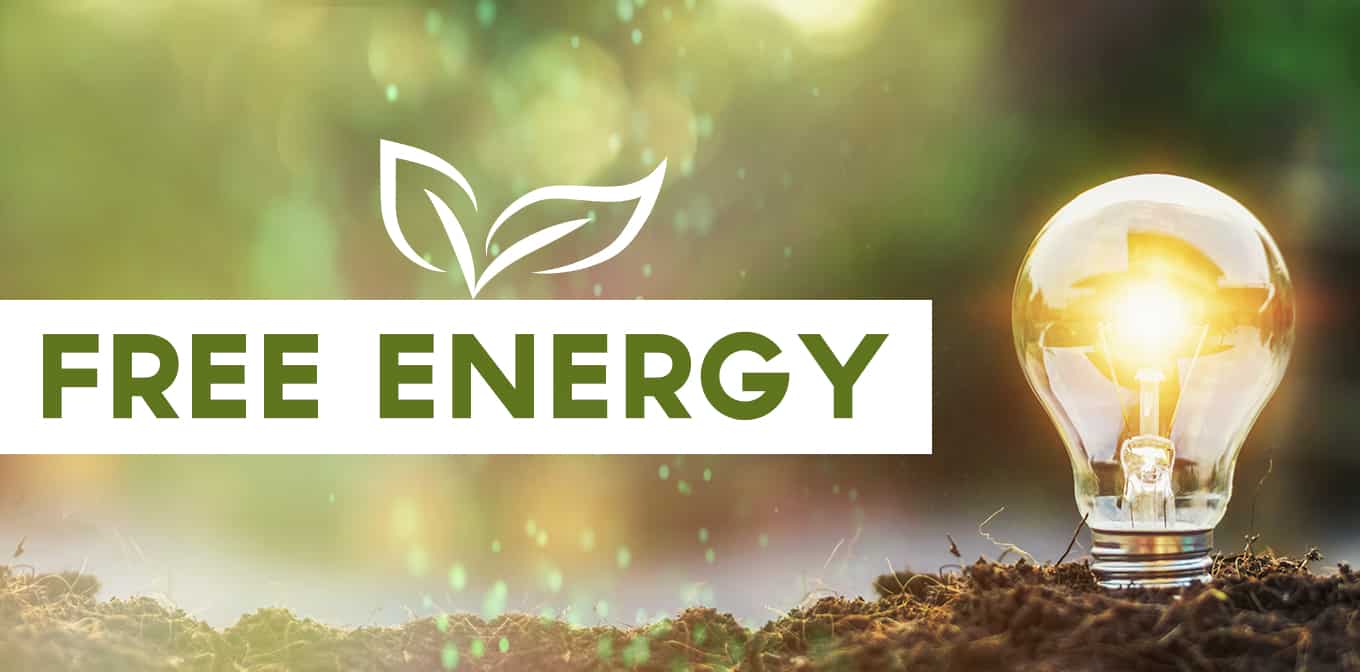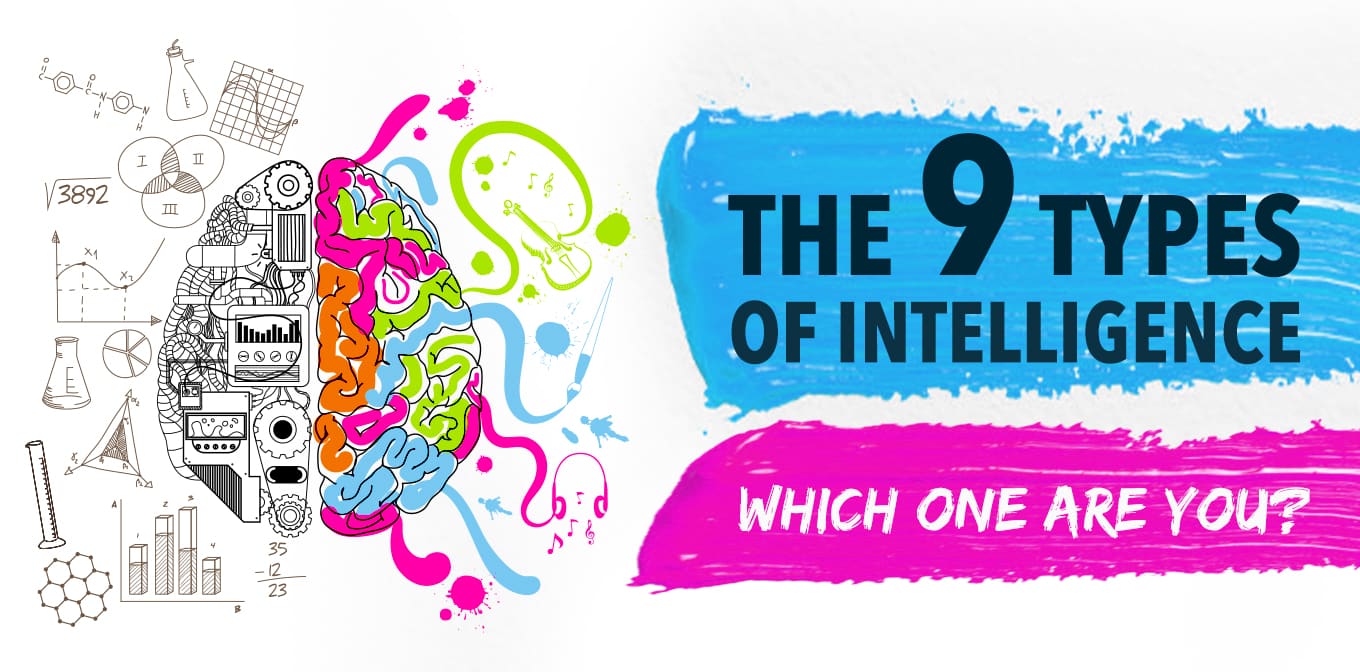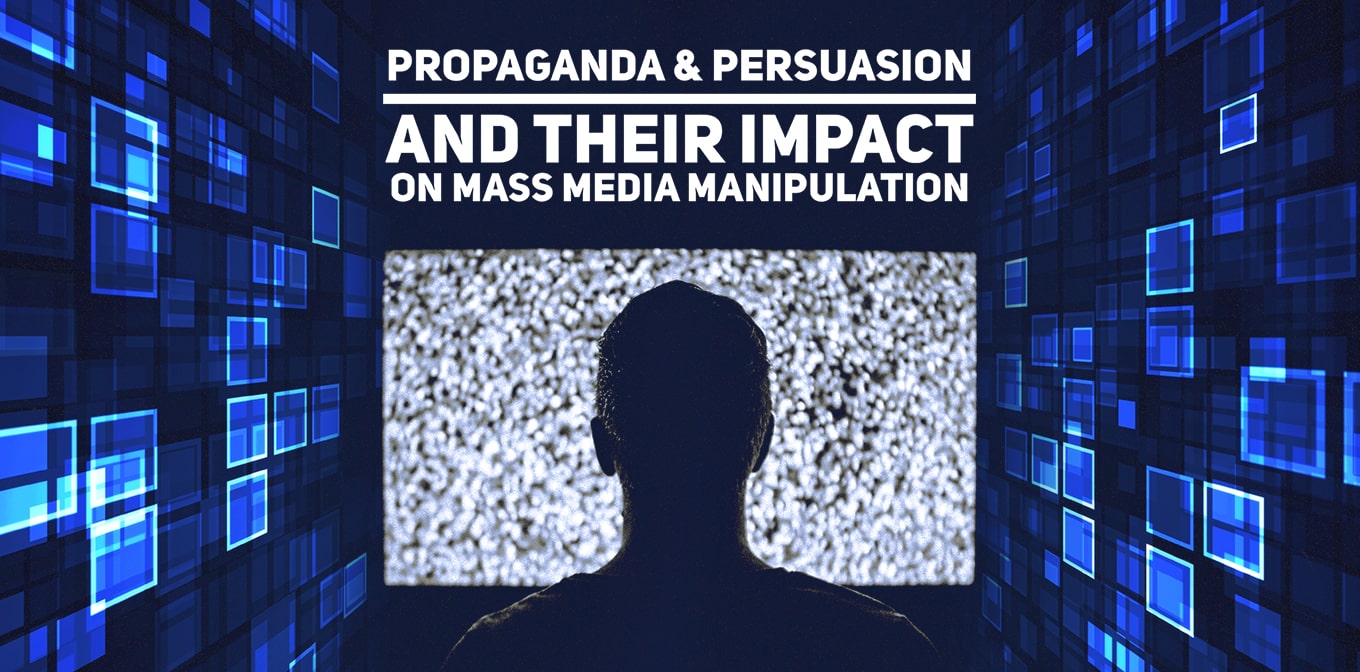In 2009, the documentary movie ‘Home’ graced screens across the world. Home was the brainchild of Yann Arthus-Bertrand. It presents the story of Planet Earth and how humanity is tipping the delicate balance of the atmosphere and how it is directly influencing climate change. The film took 18 months and about $12 million to make, but the message it sent out was worth far more. It presented the reality of the situation as told by science and reflected on the political, economic and humanistic implications of what is going on. The end of the film is strangely optimistic and Arthus-Bertrand was determined to show how there are positive things that are being done and that if more of these are done, then we might just be ok.
We are now in mid-2017, a whole 8 years after the Home film. Has humanity got any further to reducing our impact on the planet? Do we have a grip on population growth and the burning of fossil fuels? Have temperatures stopped rising? This short article shows that, unfortunately, we have not moved as quickly as we might have done.
The film pointed to issues and solutions.
1- First, let’s look at the issues.
Extinctions
Arthus-Bertrand warned that one in four mammals, one in eight birds and one in three amphibians are threatened with extinction. Sadly, nothing has changed in this regard. As human population increases the pressure on other species increases as well. We require more land to grow food and urbanisation requires more energy. This inevitably means the loss of further habitat and therefore species.
Inequality of Resources
The stat used in Home was that 80% of the world’s resources are used by 20% of the global population. This has often been raised by less wealthy countries at global conferences. This stat still holds true. If anything, it is getting worse, with just 17% of the world’s people consuming 80% of resources.
Climate Refugees
It was predicted that there will be 200 million climate refugees by 2050. Official stats from the UN show that the figure for climate refugees was already up to 20 million in 2008. The figure of 200 million by 2050 is certainly still being regarded as likely by many. Some even point to a higher figure. With sea level rise and natural disasters becoming more likely, this seems inevitable. It has been a hot topic of conversation at recent climate meetings such as COP21 at Paris in 2015.
2- What is being done?
In Home there were quite a few examples stated of new energy possibilities, such as wind, geothermal, tidal, wave and solar. Investment has indeed increased, although perhaps not to the extent that is required or as rapidly. Denmark has gone from being only partly sufficient in wind for meeting electricity needs to 140% self sufficient in 2015. This is an amazing success story. Other countries are emulating them. Unfortunately, however, China is still building at least 2 new coal fired power stations every week, the same stat that is quoted in Home. There is growing pressure on the country to halt this move.
Climate Agreements
Since the film came out in 2009 the world’s nations have moved forward significantly in terms of agreeing among themselves to limit carbon emissions. Copenhagen 2009 was regarded as a bit of a failure but it set the scene for Paris 2015 (COP21) which managed to agree a limit on temperature rise to 2 degrees by 2050, although there is nothing to oblige countries to follow this.
3- Are we doing enough?
This is the major question and many people believe that we are not moving fast enough. The Arctic ice continues to melt and at record rates. Some studies suggest that the Arctic will be free of ice in summer by 2030. More conservative predictions point to 2060-2080. The consensus however is certainly that the ice will go and that this will have an effect on wider climate and global politics. There is far more that needs to be done. The will power must be there.
What are your thoughts on this topic? Just leave a comment below. Thanks.









